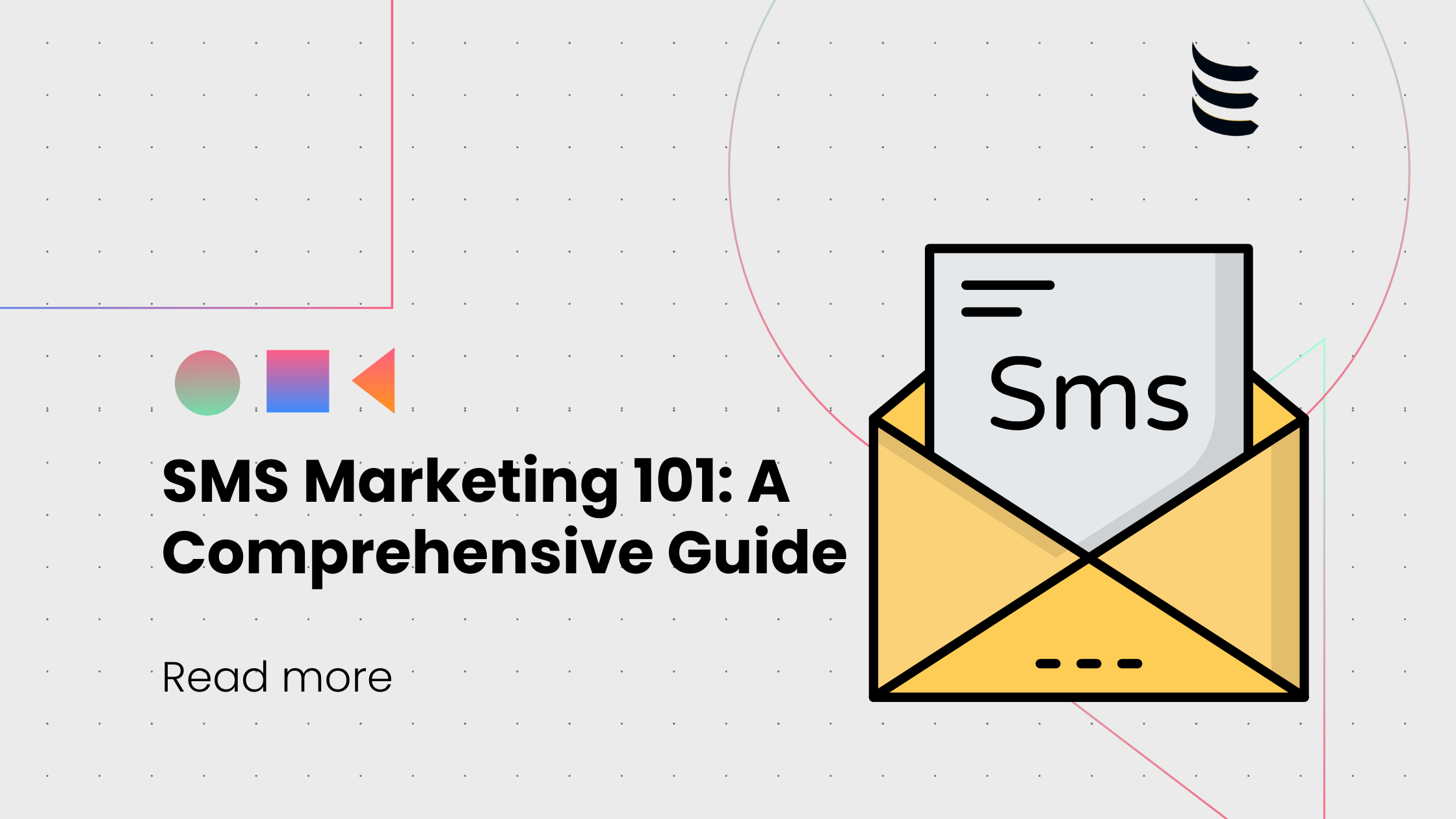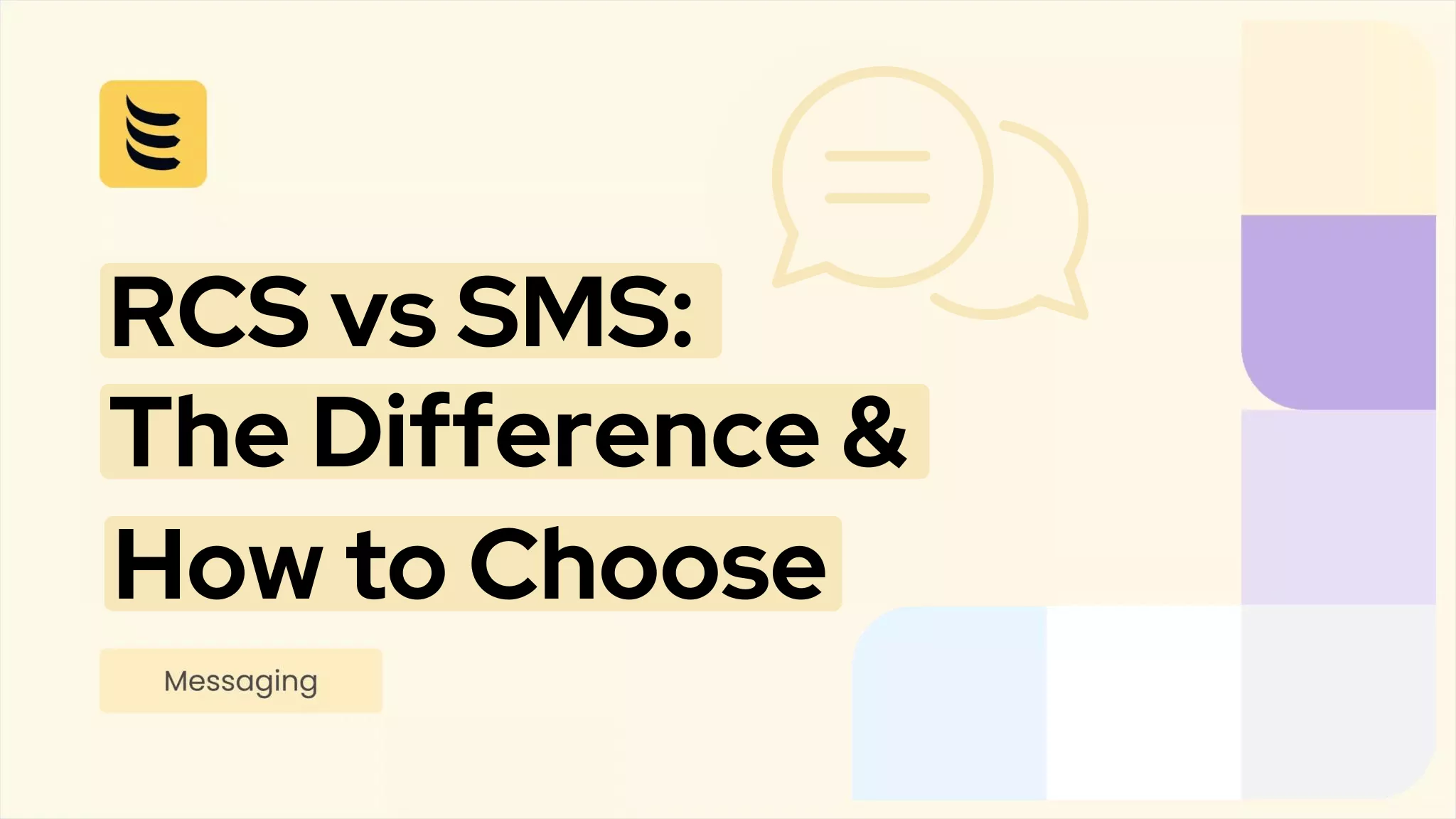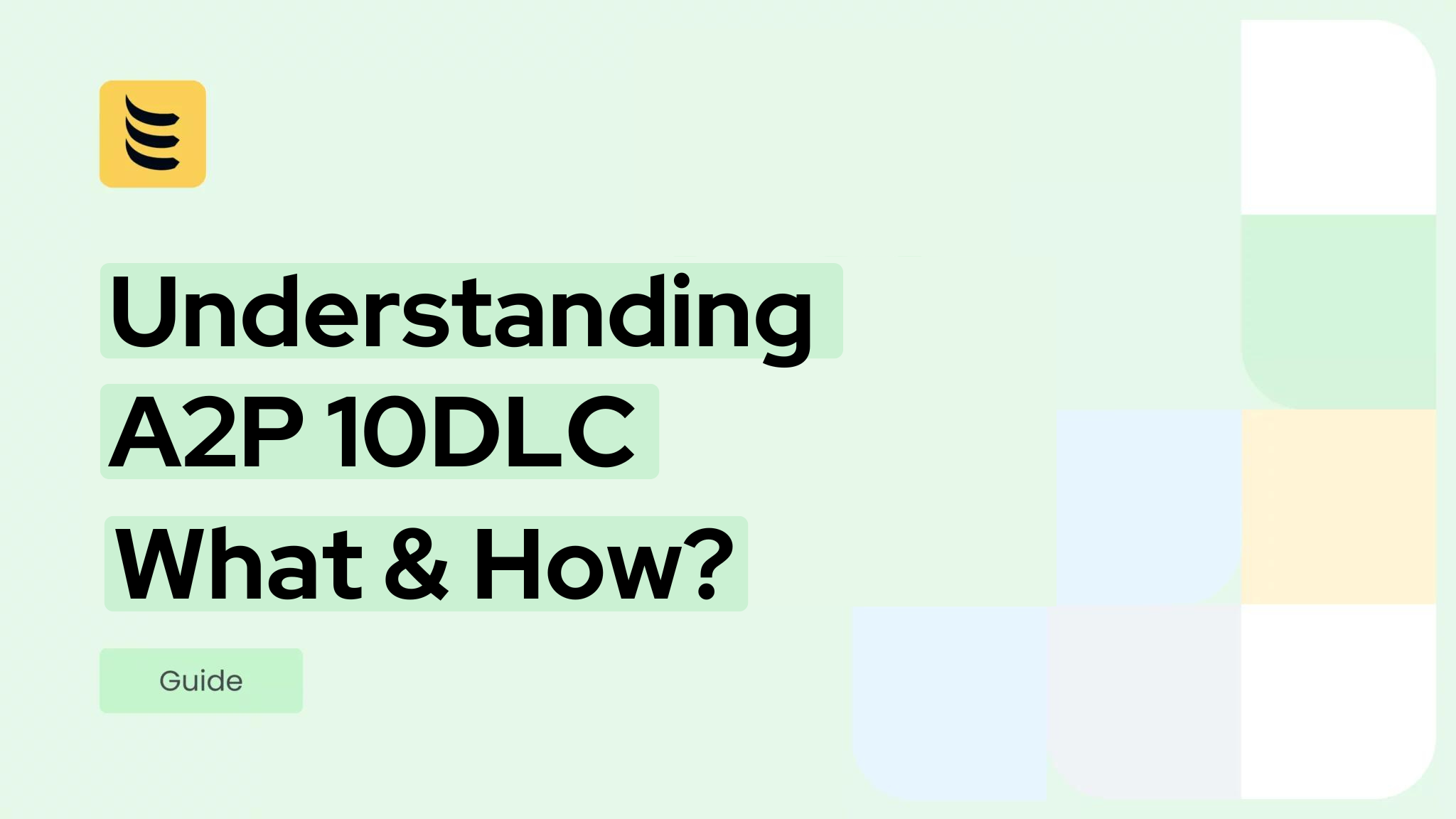How many VoIP providers are you working with? Just the one? Are they delivering great value and quality on both incoming and outgoing calls?
In selecting and assessing a VoIP provider, it’s worth remembering that incoming and outgoing calls are handled separately. You really can have separate providers for both. Also, if your PBX supports it you can have more than one provider, with preferences set up.
The factors that you can use to assess VoIP providers are also different for incoming and outgoing calls. It’s not just about price. Here we look briefly at some of the factors you can use to assess a VoIP provider for both types of calls.
Incoming calls
The industry term for incoming calls is Origination. The VoIP provider assigns your business a set of Direct Inward Dialling (DID or DDI) numbers. When a call is received at one of these numbers, the provider links this virtual number to your PBX system, connecting the call to an end-user in your company.
When you’re selecting or assessing a VoIP wholesale provider for origination, there are a number of factors you need to consider:
- Dropped calls – the primary measure of an origination provider is quality. Losing a call from a customer, or constantly having to ask them to repeat, is clearly a business risk. Poor call quality reflects badly on your business. The dropped call rate (DCR) is a measure of how many calls were cut off before the conversation finished.
- Sound quality – being able to hear and understand the caller. Sound quality can be badly affected by competing traffic on the line. This is not just about the VoIP origination provider but also your internet connectivity and internal comms equipment. Video and large file uploads and downloads will hog bandwidth, so you will need to prioritise traffic.
- Functionality – since the advent of the mobile phone, anyone receiving a call expects to be able to save a number against a caller name and see it when they call again. They can then greet their customers appropriately and choose to prioritise or reject other calls. The provider should also offer toll-free and premium rate numbers.
- Flexibility – one of the key benefits of VoIP over traditional PSTN is the ability to quickly and easily ramp up based upon business needs. This may be as simple as a handful of new DIDs for new starters, or setting up a new office in another country. Ramping down should also be easy, with no penalties or lengthy contract terms.
- Availability – for emergencies, such as a server crash or a power cut at your head office, you will need to set up backup routing, so that calls can still be answered. The VoIP origination provider will need to enable this.
- Management – your internal systems need to be able to route an incoming call based on its data. This data is passed by the VoIP provider, so will need to be rich enough for your systems.
- Price – it goes without saying that VoIP providers will compete heavily on price.
Outgoing calls
The industry term for outgoing calls is termination. The VoIP termination provider routes your outgoing call from one partner to the next until it is received by the person you called. This is completely independent of your DIDs. The criteria for selecting or assessing a VoIP termination provider are different from the origination criteria:
- Quality – in this case, the VoIP provider’s partners can also affect quality. The provider may be using partners with low-quality service, resulting in poor sound quality.
- Security – as you are paying for the cost of the call, it is essential that only legitimate calls are connected. The VoIP termination provider must allow you to restrict calls based upon factors such as your company IP address range, the country code of the recipient and cost type (eg no premium rate numbers).
- Routing – as well as low-quality providers, call quality will also be affected by the number of hops it needs to go through. The provider’s infrastructure has an effect, as does the number of partner systems the call needs to pass through.
- Backup routes – the provider should have more than one partner for any given route, so that if the partner is out of action, the call can still be terminated.
Wholesale VoIP termination rates
Here at IDT, we offer an extensive international VoIP network, with 24/7 support and unlimited call capacity. We are an industry leader with a wealth of experience in both origination and termination. When choosing a VoIP provider, it’s important not to lose sight of the difference between origination and termination, and the factors that differentiate a great supplier from an average one.




